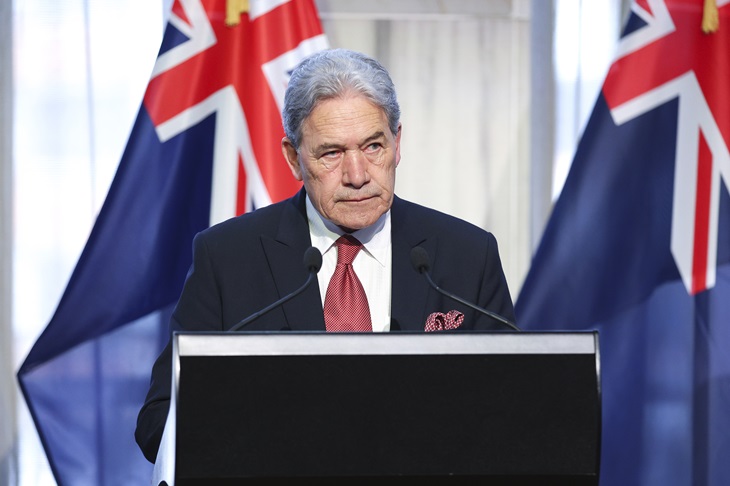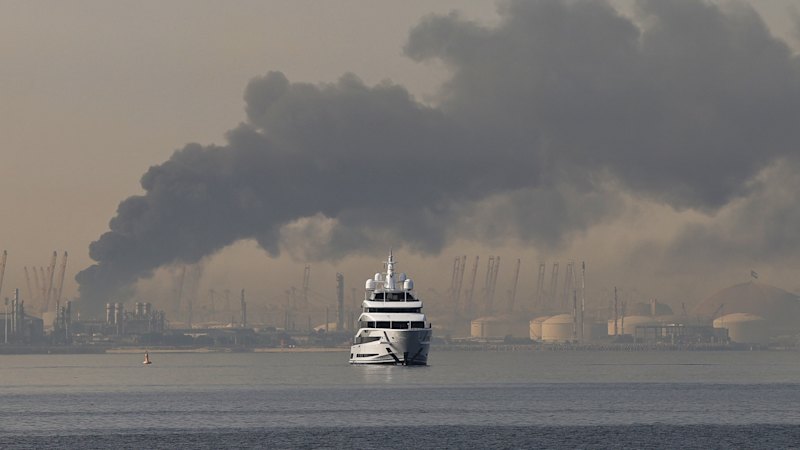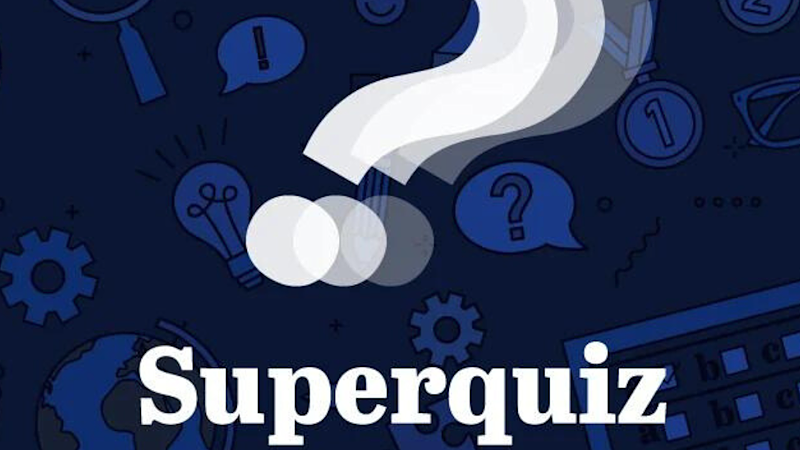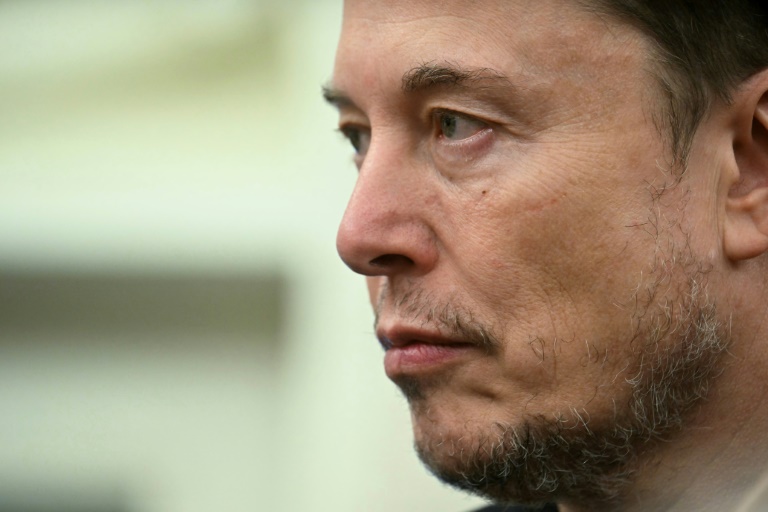
WELLINGTON, NEW ZEALAND - NOVEMBER 24: NZ First leader and incoming Deputy Prime Minister Winston Peters looks on during a signing ceremony at Parliament on November 24, 2023 in Wellington, New Zealand. The National Party won the most votes in New Zealand's general elections held last month, but needs the support of both the ACT Party and New Zealand First to form a governing majority. (Photo by Hagen Hopkins/Getty Images)
UPDATE: New Zealand’s Foreign Minister Winston Peters just announced at the United Nations that New Zealand will not recognize Palestine as a state at this time, citing ongoing violence and political manipulation by Hamas and Israel. This critical decision comes amid escalating tensions and humanitarian crises, particularly in Gaza.
Peters emphasized that the current geopolitical climate is not conducive for Palestinian statehood recognition, arguing that any such move could exacerbate the ongoing conflict rather than promote peace. “Palestinian statehood recognition is a matter of when, not if,” he stated, but underscored the need for “courageous leadership” to foster conditions for lasting peace.
In his address, Peters highlighted the urgent humanitarian needs arising from conflicts not only in Gaza but also in countries like the Democratic Republic of Congo, Syria, Sudan, and Myanmar. Nearly 17 million people in Syria alone require aid, while over 30 million in Sudan are in desperate need of assistance.
The Foreign Minister’s remarks come on the heels of the deadliest attack in Israeli history on October 7, 2023, when Hamas launched a brutal assault that killed hundreds. “New Zealanders were appalled by the barbarity of Hamas’ attack,” Peters said, signaling a strong stance against both the violence inflicted on Israel and the humanitarian crisis unfolding in Gaza.
Despite New Zealand’s ongoing commitment to the two-state solution, Peters expressed concern that recognizing Palestine under the current circumstances would be counterproductive. “We do not believe that the current situation represents the last or even best chance to preserve the two-state solution,” he asserted.
“The international order that has sustained peace for the past 80 years stands on the precipice of breaking down,” Peters warned, calling for renewed leadership to address these crises. He stated that New Zealand would continue to advocate for humanitarian aid to Gaza and demand a ceasefire, reinforcing its commitment to aiding those in need.
As the world watches closely, Peters reiterated New Zealand’s focus on the humanitarian crisis in Gaza. “Aid must flow and the violence must cease,” he declared, stressing that diplomatic efforts must prioritize the needs of affected civilians over political gestures.
This announcement is poised to impact international relations and the ongoing discourse around Palestinian statehood, as more countries consider their positions on this contentious issue. With humanitarian needs growing and violence escalating, the global community is left to ponder what the future holds for both Israel and Palestine.
As New Zealand stands firm in its position, observers will be keenly watching for any shifts in the geopolitical landscape that might influence future decisions regarding recognition of Palestinian statehood. The call for decisive and compassionate leadership has never been more urgent.






